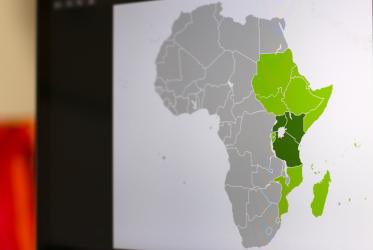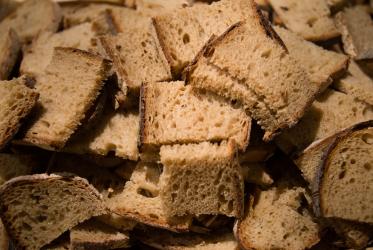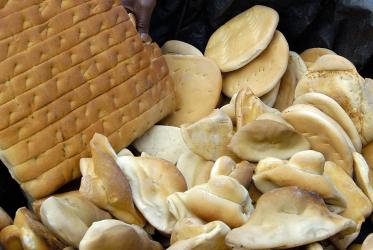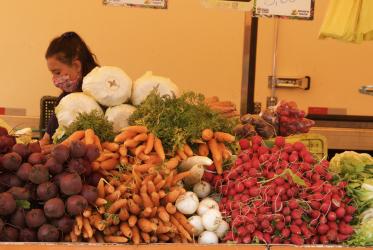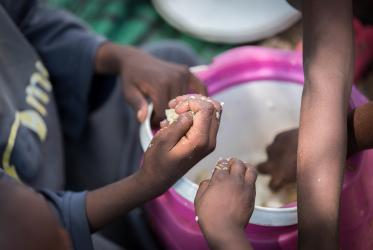Displaying 41 - 60 of 152
Applications open for WCC Eco-School
22 October 2020
On World Food Day, “we pray for wisdom to care for the earth”
16 October 2020
WCC to host online prayer service for World Food Day
09 October 2020
Martin Khor Kok Peng, “friend of the poor,” passes away
03 April 2020




